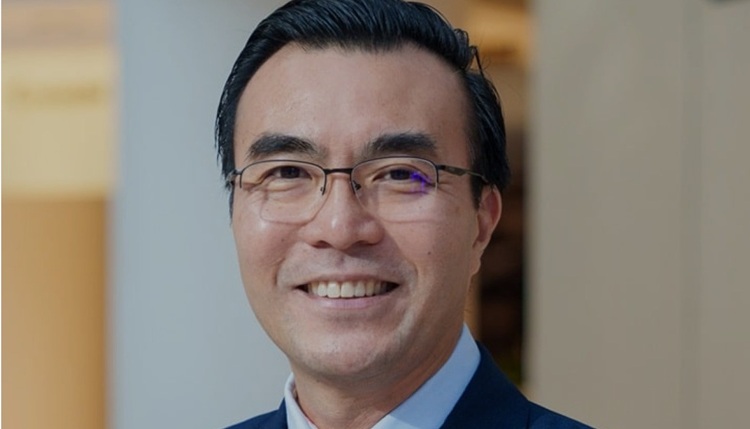With sustainable assets under management still below 5% in ASEAN, CGS International sees a first-mover advantage in embedding ESG into investment banking, brokerage, and asset management.
SINGAPORE, August 27, 2025 – Southeast Asia’s sustainable finance sector is still in its early stages, but CGS International sees significant upside potential. Speaking to AsiaBizToday, Kevin Lee, Group Head of Sustainability, said the firm’s strategy is focused on moving environmental, social, and governance (ESG) considerations from compliance into core business growth.
“Only about 3–5% of ESG-related assets under management are in ASEAN, compared to far higher levels in Europe and the US,” Lee noted. “That gap represents both a challenge and a major market opportunity.”
Framework for Capital Allocation
CGS International has introduced an ESG Incorporation Framework to guide the development of ESG-labelled products and services. The framework ensures sustainability criteria are factored into investment decisions, capital raising, and product design, directing finance towards green and social outcomes, and other ESG-linked opportunities.
The company is also tracking ‘ESG revenues’ — a metric increasingly scrutinised by rating agencies such as Bloomberg — to demonstrate how capital flows are contributing to sustainability outcomes.
Lee believes that while regulations such as Singapore’s adoption of IFRS S1 and S2 are important, incentives will be key to accelerating adoption. Preferential lending rates for companies with strong ESG ratings, for example, can both reward performance and deepen market participation. The Thai government also provides tax incentives for retail investors that put their money in ESG funds. To tap on these opportunities, CGS International provides ESG advisory support to help its clients improve their ESG performance from the capital markets perspective.
He added that the region requires more investor education: “We need to move beyond short-term financial returns to understanding how ESG performance can enhance long-term value.”
Carbon Markets and Transition Finance
In carbon markets, CGS International is advising clients on the role of high quality carbon credits in offsetting their residual GHG emissions. While Singapore’s carbon tax framework permits up to 5% of emissions to be offset using Article 6.2 credits, Lee noted that no transfers with Singapore have yet taken place due to the slow pace of intergovernmental implementation agreements.
Transition finance is another growth area. Through its ASEAN Institute of Carbon Neutrality (AICN), CGS International is working with the National University of Singapore’s Sustainable and Green Finance Institute to educate and engage the business community on this topic. Last year, a joint research paper was published on the early retirement of coal-fired power plants in Indonesia. This year, the research has advanced to touch on the role of ‘transition credits’ in a blended finance model to facilitate coal-dependent economies like Indonesia phase out coal by replacing it with renewable energies like solar.
In markets with large Muslim populations, such as Malaysia and Indonesia, CGS International is aligning ESG with Sharia-compliant investing. Its ESG margin financing product encourages investors to take positions in higher-rated stocks on the Bursa FTSE4Good Index, merging faith-based values with sustainability objectives.
Long-Term Positioning
Beyond advisory services, the firm’s approach includes capacity-building programmes, ESG education packs, and senior management training on climate risk. Lee said these initiatives are designed to ensure ESG becomes a competitive advantage, not a cost burden.
“Our view is simple,” he said. “If we build the expertise and the market appetite now, ASEAN’s ESG investment market can grow rapidly from here — and CGS International will be ready to tap into growth opportunities.”

